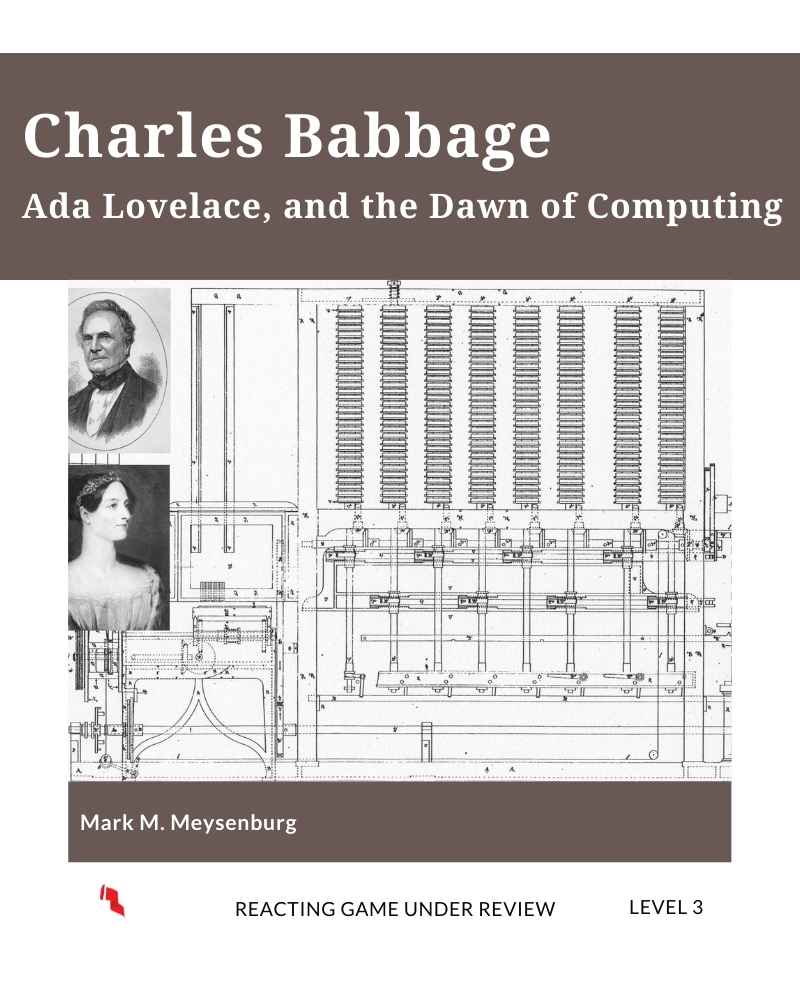 |

Play this game recently? | Reform during a time of tremendous social and economic change. This game examines the various competing ideologies of early industrial Britain such as paternalism, Utilitarianism, free trade/laissez faire capitalism (as represented by the Anti-Corn Law League), and early socialism and radicalism (as represented by a congeries of ex-Chartists, early feminists, and other radical reformers). Set in a London debating society, students will debate policy solutions to thorny problems such as treatment of the poor (the Poor Laws), whether agricultural protectionism or free trade should be the dominant economic policy (the Corn Laws), and whether there ought to be additional factory laws or whether the economic laws of supply and demand should be allowed to take their course. Other issues such as democratization of society, the role of women, temperance, and education, penal, and colonial reform are also addressed in the game. The possibilities and hindrances to effective coalition building among the various single-cause factions is also a key emphasis in the game. |
Details
|
Using the Game |
Class Size and Scalability |
Reacting Consortium members can access all downloadable materials below. You will be asked to sign in before downloading. Please fill out the Permissions Request Form before using The Condition of England in your class!
|
Joseph Sramek
Dr. Joseph Sramek is Associate Professor of History at Southern Illinois University Carbondale. He is also the author of "Politics, Religion, and the Birth of the Public Sphere: England, 1685-1688."
|
Members can contact game authors directly if they have questions about using the game. We also invite instructors join our Facebook Faculty Lounge, where you'll find a wonderful community eager to help and answer questions.
|
|
|


